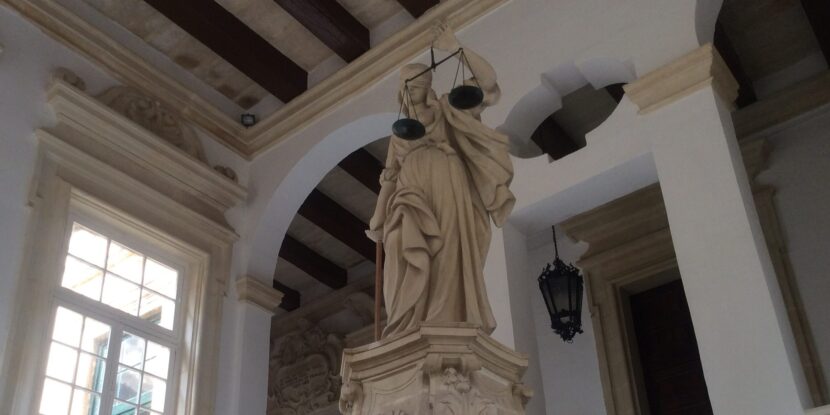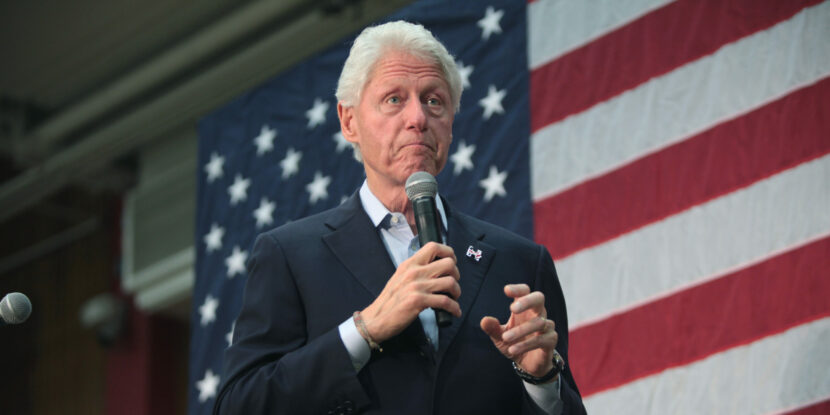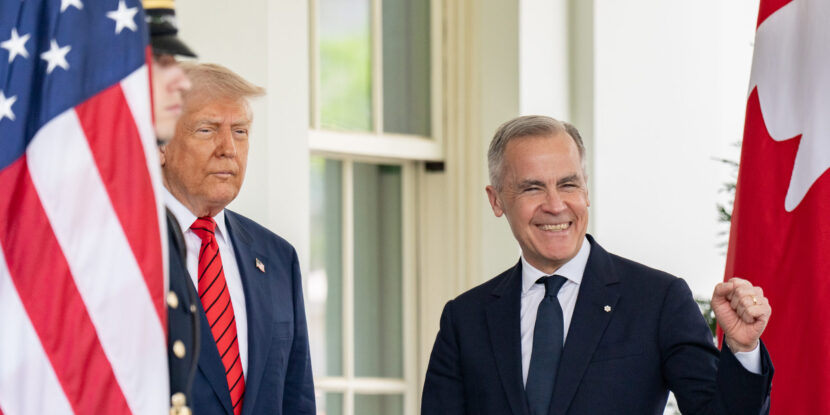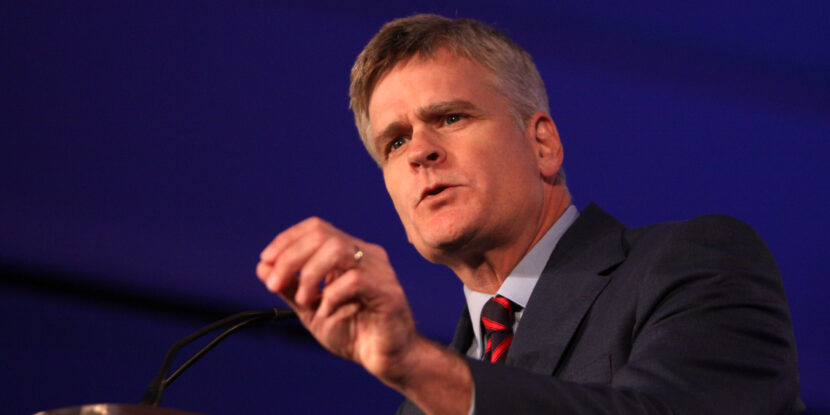Poland’s new government, a coalition of globalist parties led by former European Union (EU) chief Donald Tusk, is withdrawing several legal challenges to EU climate policies.
The previous, national populist Law and Justice (PiS) party government had been contesting EU policies, including a ban on new petrol cars from 2035 and the imposition of national carbon emissions targets at the European Court of Justice. Prime Minister Tusk, however, is now withdrawing the cases and moving to undermine the coal industry — still a key source of energy and employment in the former Soviet satellite.
“For Tusk’s people, the most important thing is… everyone in the EU likes them and pats them on the back,” commented Paweł Jabłoński, a lawmaker for Law and Justice.
“Will we pay more for petrol, electricity and heat? Whatever, whatever. Everyone in the EU loves Donald and that’s what counts,” he added.
Hundreds of Polish miners have protested against the EU's green policies outside the European Commission's offices in Warsaw.
They say proposed new limits on methane emissions – of which Poland is the EU's largest emitter – will force coal mines to close pic.twitter.com/Y5EqxMTcR3
— Notes from Poland 🇵🇱 (@notesfrompoland) March 24, 2023
Poland is facing a constitutional crisis under the new regime, which has disregarded the rulings of Supreme Court and Constitutional Tribunal judges appointed by Law and Justice, which governed from 2015 to late 2023.
The President, Law and Justice ally Andrzej Duda, has sent Tusk’s budget to be reviewed by the constitutional court, due to the fact it was passed by a legislature that excluded two Law and Justice lawmakers who were expelled after being imprisoned. This was done despite the pair being issued with presidential pardons, which Tusk-allied judges deemed illegitimate, though other judges ruled they were sound.
In Poland, the President is the head of state, while the Prime Minister, chosen from among the legislature rather than elected directly, is the head of government. Duda retains certain powers to veto and review legislation, however.





















